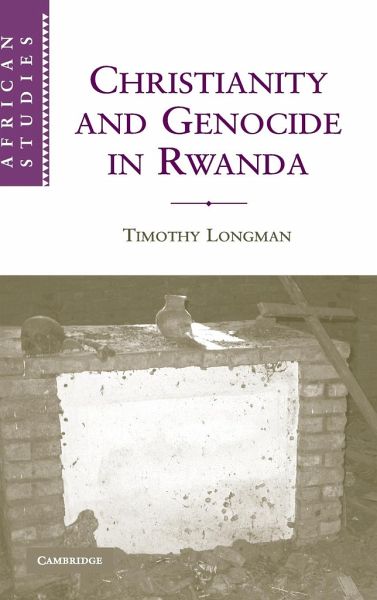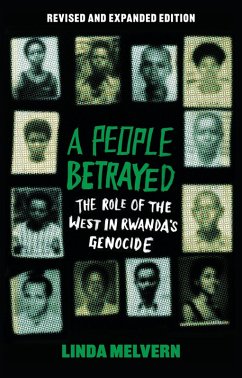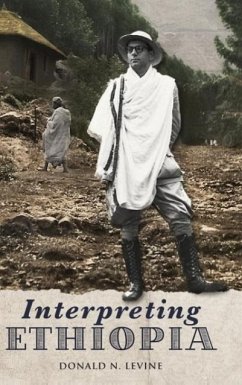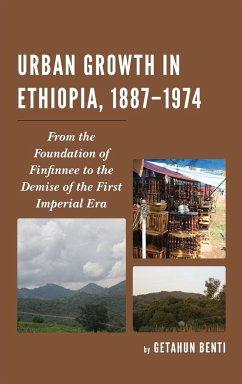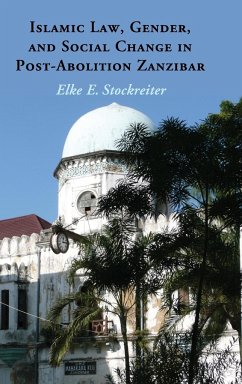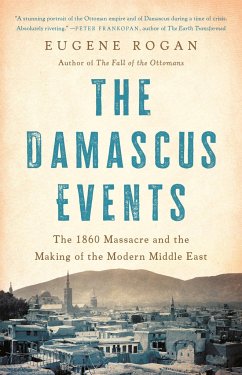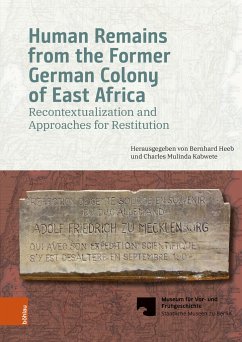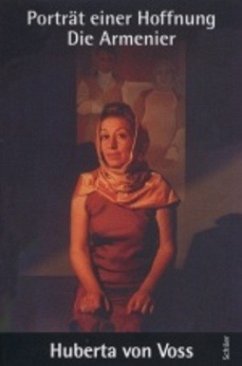Timothy Longman
Gebundenes Buch
Christianity and Genocide in Rwanda
Versandkostenfrei!
Versandfertig in 1-2 Wochen
Weitere Ausgaben:

PAYBACK Punkte
51 °P sammeln!




This book studies the role of Christian churches in the 1994 Rwandan genocide.
Timothy Longman is director of the African Studies Center at Boston University, where he also serves as associate professor of political science. From 1996 to 2009, he served as associate professor of political science and Africana studies at Vassar College, New York. He has also taught at the University of the Witwatersrand, Johannesburg; the National University of Rwanda, Butare; and Drake University, Iowa. He has served as a consultant in Rwanda, Burundi and the Democratic Republic of Congo for USAID and the State Department, the International Center for Transitional Justice and Human Rights Watch, for whom he served as director of the Rwanda field office 1995-6. From 2001 to 2005, he served as a Research Fellow for the Human Rights Center at the University of California, Berkeley, directing research on social reconstruction in post-genocide Rwanda. His articles have appeared in the African Studies Review, the Journal of Religion in Africa, the Journal of the American Medical Association, Comparative Education Review, the Journal of Genocide Research and America, and he is currently completing a book manuscript titled Memory, Justice, and Power in Post-Genocide Rwanda.
Produktdetails
- Verlag: Cambridge University Press
- Seitenzahl: 372
- Erscheinungstermin: 9. Mai 2016
- Englisch
- Abmessung: 235mm x 157mm x 26mm
- Gewicht: 754g
- ISBN-13: 9780521191395
- ISBN-10: 0521191394
- Artikelnr.: 26572550
Herstellerkennzeichnung
Libri GmbH
Europaallee 1
36244 Bad Hersfeld
gpsr@libri.de
Für dieses Produkt wurde noch keine Bewertung abgegeben. Wir würden uns sehr freuen, wenn du die erste Bewertung schreibst!
Eine Bewertung schreiben
Eine Bewertung schreiben
Andere Kunden interessierten sich für




